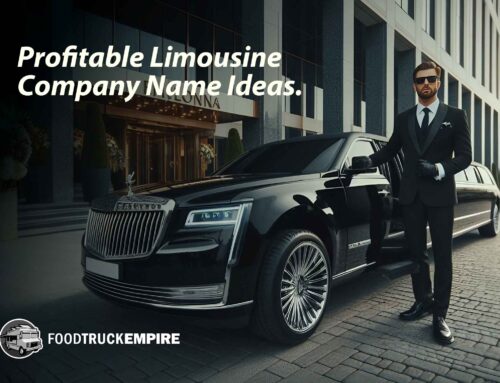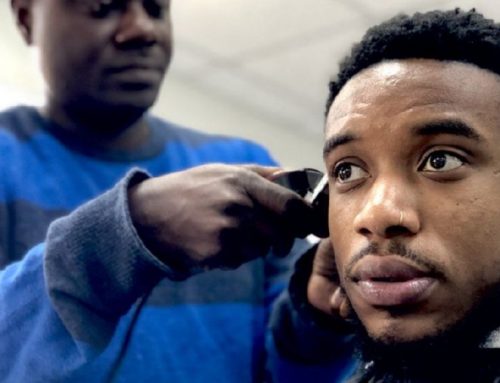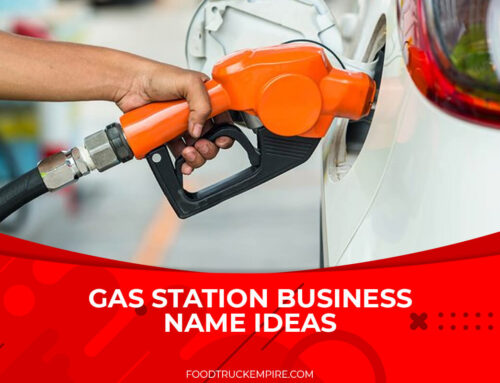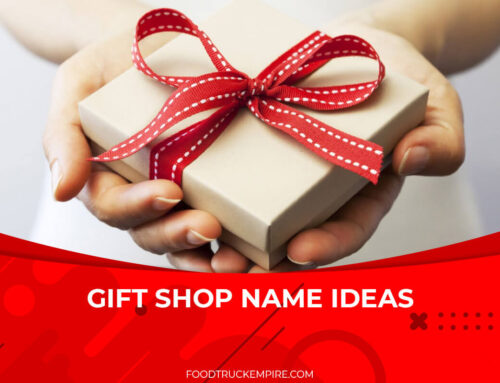Beyond the hipster coolness, food trucks are a fantastic way to get into the restaurant business. Smaller overheads and the power to be nimble, make these mobile restaurants attractive to both young and experienced restaurateurs.
Food Truck vs. Food Trailer
Let’s begin with a definition of each:
A Food Truck is a vehicle whereas the kitchen, or cooking area, and storage area are combined with the motorized unit.
A Food Trailer is the non-motorized unit being pulled by the auto/truck (motorized unit).
Worker’s compensation insurance is required by law for both food trucks and food trailers, but the best way to understand what insurance is best for your specific situation is to speak with an experienced broker who knows the mobile food business inside and out.
Food truck and food trailer insurance are usually comprised of the following 6 types of coverage:
- Workers Compensation
- Commercial Auto
- General Liability
- Commercial Property
- Inland Marine
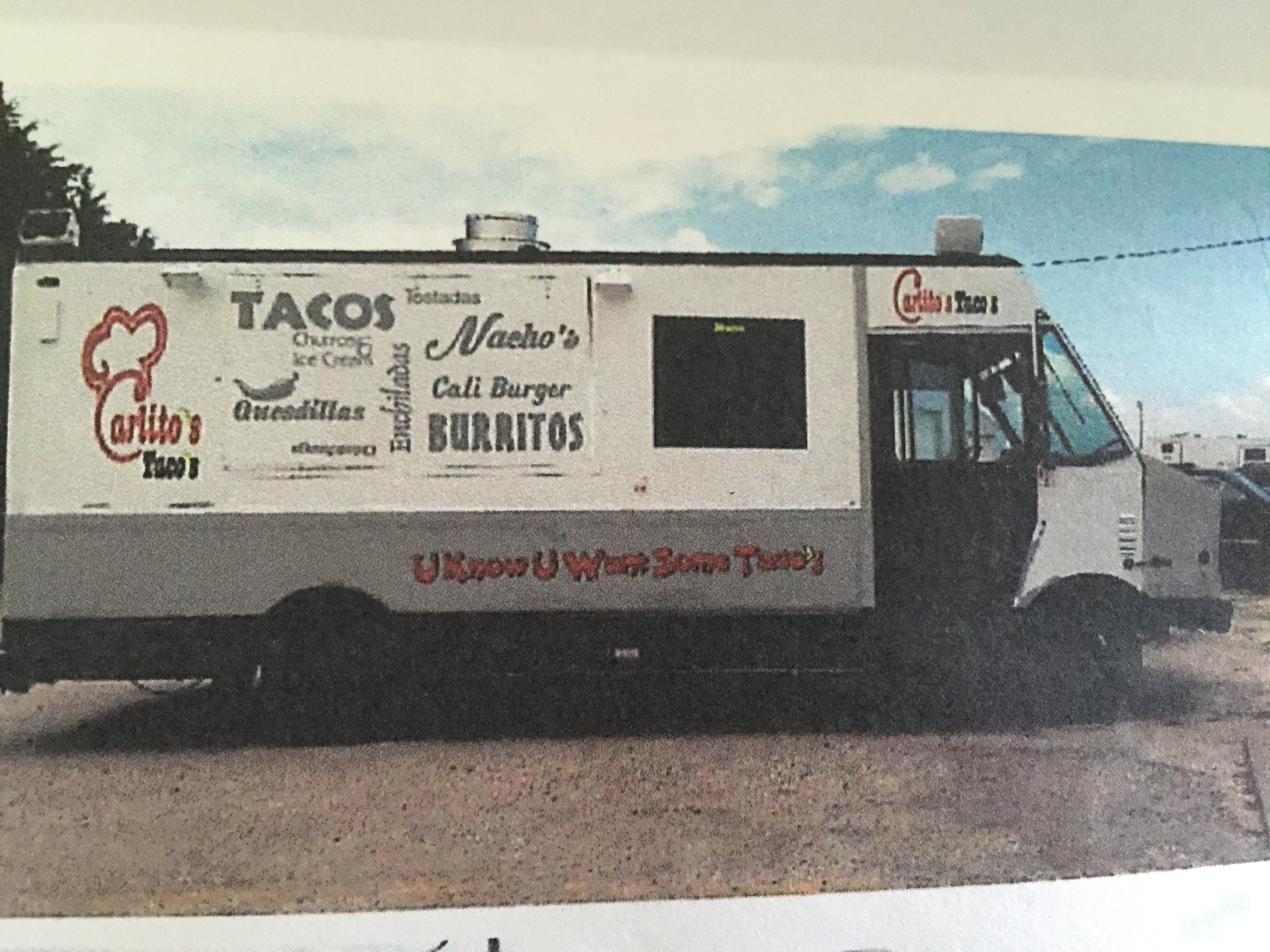
Is Your Mobile Food Business Protected?
Worker’s Compensation
In the fast-paced world of food trucks, workers face potential hazards and injury on a daily basis! According to the U.S. Bureau of Labor Statistics, 3.5 out of every 100 hospitality workers hurt themselves on the job in 2015. And injuries do occur with food trucks since many employees are working in a tight space, around a hot stove, deep fryers, and sharp knives on wet or slippery floor conditions.
Workers’ compensation that’s geared toward food trucks protects you against your employees’ injuries and typically covers your employee’s medical bills and lost wages when they get hurt on the job.
Just as in the instance with general liability and product liability, someone doesn’t have to necessarily have to be injured in order to file a lawsuit, which makes workers’ comp coverage the sole remedy.
Commercial Auto
With a food truck, commercial auto insurance is essential for running your business if you want to legally operate your business in most cities. You could also hit a beloved dog crossing the road or injure yourself in rush hour.
Commercial auto offers collision coverage in the event of a traffic accident or other damages to your vehicle; comprehensive coverage protects you in the event of a non-traffic occurrence, such as fire or theft; medical helps cover medical expenses in the event of an accident to you or your passenger but doesn’t replace health insurance; and uninsured and underinsured coverage guard you in the event that you’re involved in an accident with a driver who does not have insurance or is underinsured for the dollar amount of the occurrence or claim.
Commercial General Liability
You should probably not pull away from the curb without this type of insurance! Just earlier this year, a popular Boston restaurant and fleet of food trucks were sited in an outbreak of E. coli. The business temporarily closed and 15 people fell ill. Commercial general liability or GL (product liability is often part of a general liability coverage) would protect your business entity from this kind of lawsuit. In addition to safeguarding your business from physically damaging another, GL shields your company from making unintentional false claims in your marketing material.
Regretfully we live in the wonderful land of lawsuits, and even in the event that the suit is unfounded, the cost of defending your business (and if you are found to be negligent) can be astronomical. Also, if you offer catering services, you’ll find that the majority of venues require this coverage, at the least, in the form of a Certificate of Insurance. This certificate informs the venue of your coverages, effective dates of coverage, and the carrier. It will list the certificate holder as the “additional insured” along with being the certificate holder.
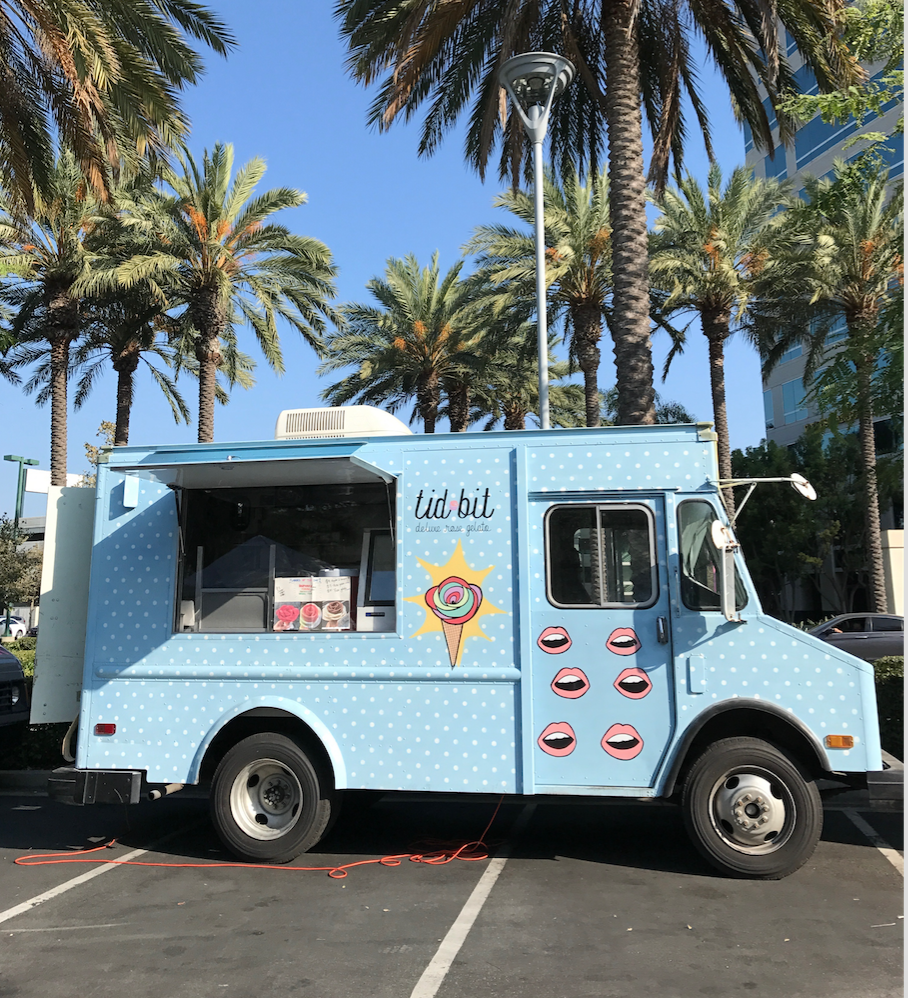
Open For Business.
Commercial Property
Especially when you’re first starting out, your entire business may be your food truck or trailer. Commercial property insurance relates to possible damage to the various property or equipment involved in running your business. For example, the kitchen equipment on your truck, the computers utilized for the business, and property that you lease to run the business, such as the commercial kitchen space that you utilize for prep.
Commercial auto doesn’t cover the sink or the deep fryer and other items you own, just the truck. Property insurance covers the additional equipment you’ve added to the truck.
In the event that your truck is your mobile restaurant, then there are some carriers that will allow the permanently attached equipment to be added to the commercial auto. Others may require the agent or broker to write a mono line inland marine policy, and “spoilage or refrigeration breakdown” could be added under this category or as an endorsement.
Inland Marine
Your business is all about being mobile, and inland marine insurance helps safeguard your business while you’re on the move. Commercial property and auto do not cover your assets while traveling, and if you have a food truck or even catering company, you’ll definitely need this specialty insurance. In addition to shielding your valuables, it protects you as you move from location to location, property that moves around, and your data and computer equipment.
Your Food Truck Empire
Once you start building your food truck empire and have multiple food trucks, your insurance coverages are similar but the limits may change. It completely depends on your situation. For example, where do you garage the trucks, do you use subcontractors, do you offer seating, etc.
These are all just general tips. You need an experienced broker who understands food trucks and food trailers to find the best coverage for your needs, like Embroker, who provides technology that takes the pain out of insurance, offers expert guidance from the best brokers in the country, and partners with the nation’s leading carriers to help businesses reduce their cost of risk.

